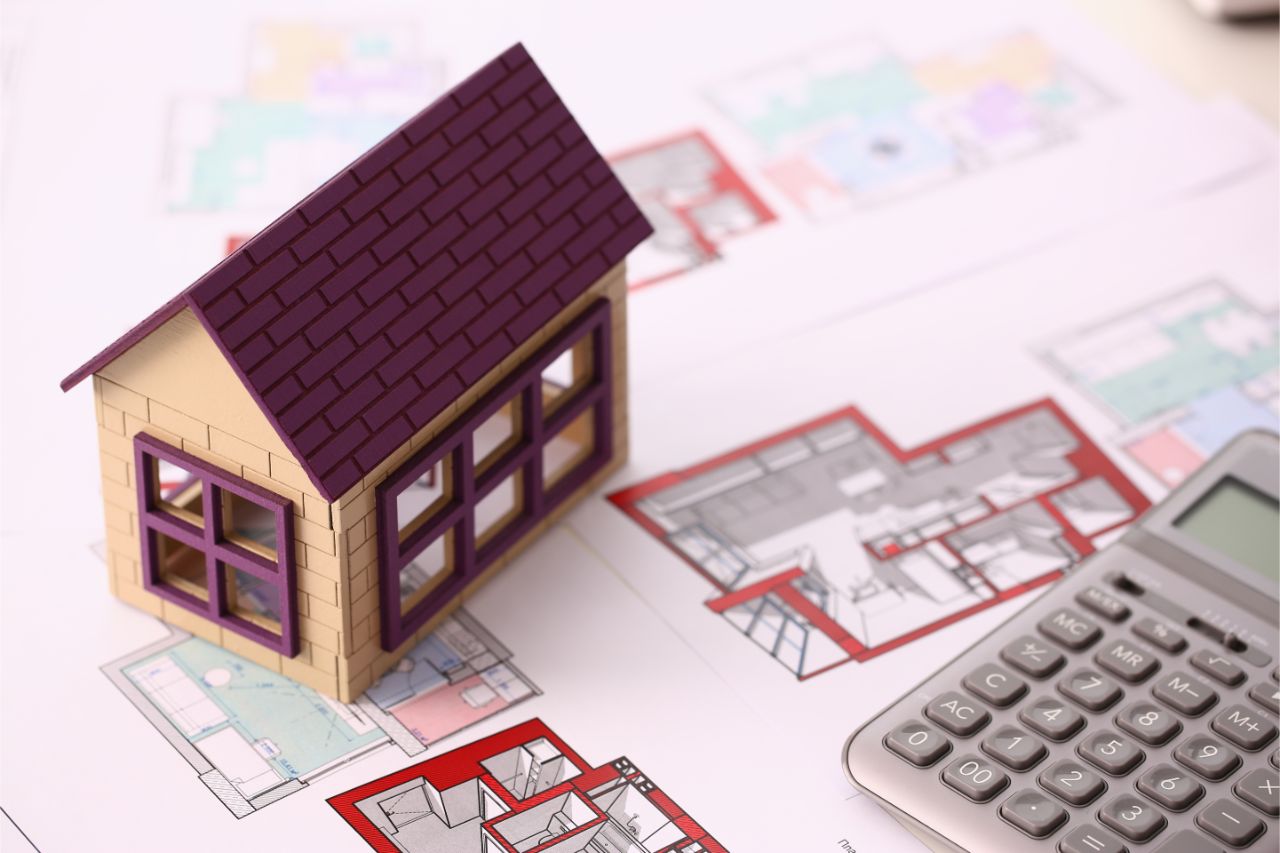
 July 5, 2021
July 5, 2021

Budgets are considered a foundation pillar of any successful construction project. You need money to create blueprints, purchase materials, secure necessary permits, rent equipment, and pay labor fees. For this reason, any construction project owner will benefit from knowing the tips for accurate construction project estimates.
A construction estimate is utilized to forecast the overall costs to build a project. Many general contractors in the Philippines deviate from achieving project goals due to improper construction estimates and budget forecasting. Not realized by many, having the right estimate can monitor cash flow and potentially garner higher profits, while the wrong estimate can result in losing more money by overspending on supplies or contractors.
To ensure that cost problems are kept at a minimum and the funding for your project avoids disruption, an accurate construction project estimate should be done. Below are some effective tips to consider. Read on to learn more.
Whether you are using an old-fashioned calculator or a digital and more advanced calculating system, the same fact applies: the more accurate your take-off estimate is, the more accurate your final estimate will be.
Consider itemizing all the required materials (both raw and prefabricated) off the project’s blueprint, the number of hours each construction phase will take, the labor, and every other factor for completing the project. This will break down the costs to be incorporated into the final construction project estimate.

Being extra meticulous about every construction item is the key to ensuring the project stays within the budget. One of the best ways to go about this is by using a master checklist for every job.
A master checklist template should include all the steps and items needed for achieving the project. Doing so does not only forecast budgets, but also ensures all the project jobs are organized.
The master checklist template will encompass all the scopes of the project. Afterward, you can add and remove items as needed. This provides you the flexibility of customizing your construction estimate to tailor-fit for your project. In addition, it will also shed light on small items that you might miss otherwise. The advantage of having all the information you need in one place is well worth the investment as it reduces costly errors.
For your template, you can include a simple breakdown of materials and labor as well as subcontractor services like electricians or plumbers. Do not forget to include items for insurances and administrative costs too.
You may be tempted to simply estimate the items in your project because it is faster to do so. However, unit cost estimating proves to be an inefficient choice due to increased potential inaccuracies. Many variables specific to your project conditions per unit may not be consistent. Keep in mind to keep unit cost estimates as ballpark guides only.
To make more accurate construction project estimates, start by listing all the needed items for the job (such as in the form of a master checklist). Attach a unit cost upon identifying each item. The sum of all the unit costs will help reach a more accurate project estimate.
It’s true that no two projects are the same. However, if you worked on similar past projects, you can try to review their estimates and actual costs for estimating your current project.
For example, if you see an HVAC system for a past project was proposed at P100,000 and you have a similar project at hand for a proposed budget of only P90,000, you may compare their differences to make your current construction estimate more accurate. Referring to past projects is a way to reevaluate your calculations.

Labor costs are one of the most overlooked factors when it comes to construction project estimates. This involves more than determining hourly wage, but also other factors such as benefits and taxes. After assessing the hourly labor costs, you will also need to consider specialty labor (also known as craftsmen) that includes normal wage, benefits, and professional fees.
Once you have the rates established, consider how many employees you will need and their productivity. No two people work at the same rate, even in the best conditions. Factors like unexpected weather changes in areas, lost tools, inadequate skills, and personal issues all play a part in labor productivity. You can assess productivity by checking their man-hours incurred.
Be sure to consider all these for accurate construction project estimates.
Material prices fluctuate depending on market conditions. This being said, you must consider this when estimating construction costs. Understand the factors that can impact material pricing such as demand, delivery needs, customization, and seasonal limitations. All of these have cost and schedule implications that you will want to factor into your estimate.

It’s crucial to get expert help from contractors as they are professionals who are well-versed with different kinds of project estimates. Their quotes will help you identify costs and uncover pitfalls that you may overlook otherwise. Find a contractor who will provide you a firm estimate based on your project’s scope.
Discussed in this guide are just some of the tips for accurate construction project estimates. From having an accurate take-off estimate to seeking a contractor quote, these tips can ensure your project is built within the proposed budget and avoid costly forecasting errors.
At Cross-Link, we can offer you an accurate construction project estimate. With years of expertise, we have provided construction services in the Philippines to a wide portfolio of clients, including project estimates. If you are interested, click here!